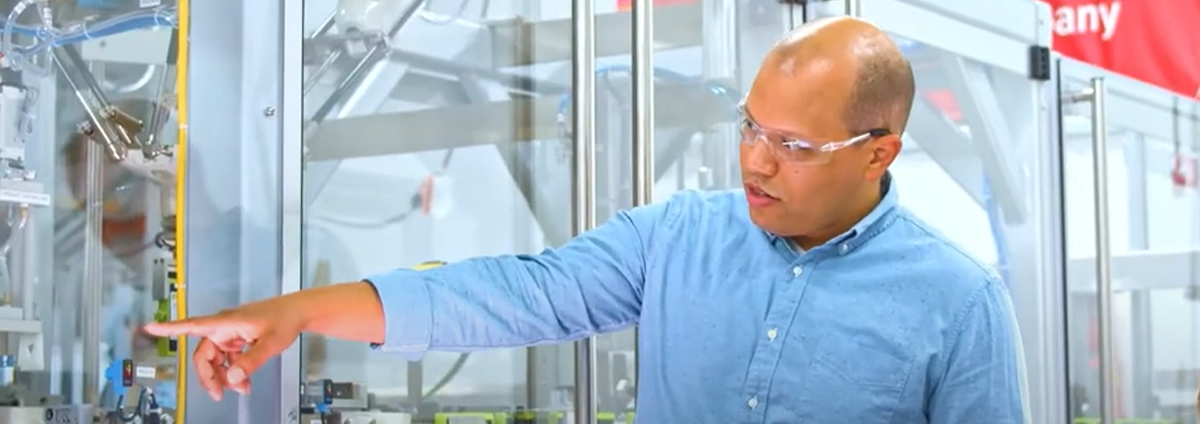Streamlining Manufacturing: An Inside Look at Integration with MGS
In the ever-evolving landscape of manufacturing, efficiency and seamless process integrations are critical. In this interview, Will Johnson, Sales Operations Manager at MGS, shares his insights on integration, detailing why companies choose MGS for their integration projects.
Thanks for taking the time to conduct this interview. To start off, can you tell us a bit about what you do at MGS?
Leveraging my background in engineering and project management, I try to bridge the connections between product development, engineering, sales, and company initiatives ultimately leading to seamless customer experiences. As the Sales Operations Manager at MGS, I oversee a few areas important to our success. I lead our application engineers, ensuring we provide in-depth technical expertise and clear scope definition during the quoting process to our customers and sales team. This collaboration allows us to craft tailor-made solutions for every customer’s needs, from straightforward to highly complex. Beyond that, I oversee our product portfolio and marketing efforts.
Today, we’re talking about the topic of integration. First, can you help us understand why someone would choose integration?
In today's manufacturing environment, efficiency and streamlined processes are crucial. Integration allows companies to combine various machines and automation systems into a single, cohesive workflow. This can offer several benefits including increased efficiency, reduced errors, improved data visibility, and we can’t forget optimized space utilization in the facilities where customers need to maximize the available and ever-shrinking space.
Who typically approaches MGS with integrated projects?
Companies from various industries approach us for integration projects, often those with complex production lines or a desire to automate specific tasks. We see a lot of interest from customers who have products that might be sensitive, delicate, high value, or require multiple operations to complete the secondary packaging. The industries span across pharmaceutical, nutraceutical, life sciences, food, beverage, consumer goods, personal care and can fit for anyone looking for a partner in integration.
Why do your customers choose MGS for their integration projects?
Several factors make MGS a preferred partner for integration projects. We start with a customer-centric approach as our team adapts to unique customer needs. We balance that approach with our extensive experience integrating various equipment types and designing efficient production workflows. As part of the Coesia Group, we have access to a vast network of technologies and expertise, allowing us to offer comprehensive solutions. Lastly, we provide ongoing support throughout the entire project lifecycle, from design and implementation to maintenance and training. Customers know they can count on us.
What types of equipment are you typically integrating into the systems you build?
Our projects align with our knowledge base and expertise – this ensures we’re always offering the best experience to our customers. This includes a wide range of equipment including filling, sealing, pouching, case/carton erectors, robotics, vision systems, labeling, printing, pallet handling, conveying, and full line serialization.
When integrating other equipment into your existing solutions, how big are the projects?
We handle integration projects of varying scales, from integrating a few key machines into a specific process to developing comprehensive, large-scale solutions for entire production lines. Our focus is on tailoring the solution to meet the specific needs and budget of each customer.
When selecting MGS for integration, what does the process look like and who can the customer expect to interact with throughout the project?
Our customers can expect a collaborative and transparent process when working with MGS. It starts with a dedicated Sales Manager who guides the customer through initial consultation, concepting, and proposal refinement. Once the project is awarded the PMO assigns a project manager that becomes the primary point of contact. The Project Manager coordinates with various internal teams at MGS, communicates schedules, plans customer visits, and manages any external vendors involved in the project. Design, procurement, installation, integration, validation, training, quality testing, etc. are all part of the process before the machine leaves MGS, ready for the customer’s production floor.
